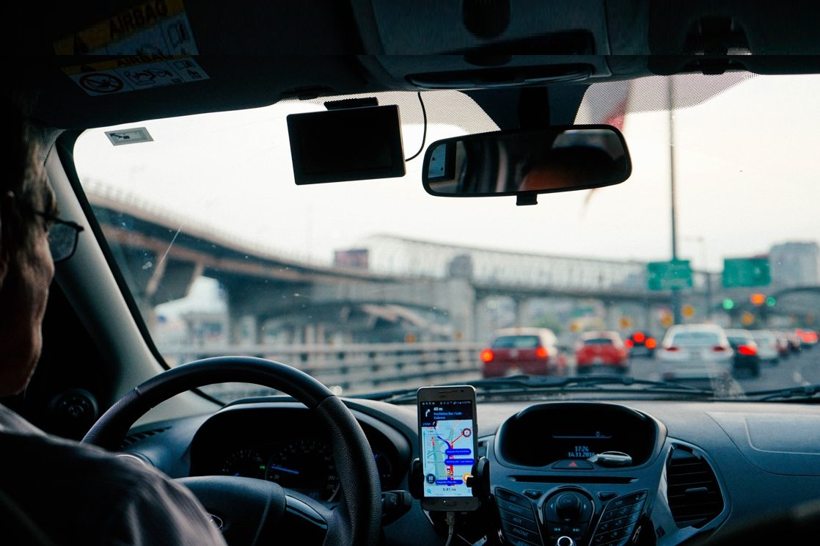
As the technology industry grows in Dhaka, an increasing number of people as well regulators are waking up to a new world of business that is fundamentally different from the one that they are used to.
With the understanding about the technology companies and their impact on the public life and on the overall business ecosystem, it is only natural to expect that regulators and the general public will come to scrutinize these businesses more closely. We have already seen this to happen in the ride-hailing space with the recent privacy crisis at Pathao.
Bdnews24.com has recently published an elaborate report on the regulatory aspects of the ride-hailing companies in Dhaka and it does not look good. From Bdnews24.com's Ridesharing firms operate ‘illegally’ in Bangladesh:
“Not a single one of the dozen ridesharing firms is licensed to operate in Bangladesh for failing to respect the guidelines set by the government nearly a year ago. So the ride-hailing companies are running business illegally in Dhaka even as their services get increasingly popular.
(...........)BRTA officials say they visited the firms after getting the applications for certificate, but could not provide them with what they want because of the unfulfilled conditions. Their enlistment hinges on issues like having SOS button on apps, updating drivers’ data, call centres, and location of data server. The BRTA is now writing to the Road Transport and Highways Division briefing the government about the latest status. “Maybe the government is giving them some time because the people need these services,” BRTA Director Mahbub E Rabbani told bdnews24.com on being asked how the firms were operating without permission. He pointed that the companies were launched before the guidelines were enacted.”
(...........)
“bdews24.com tried to contact four of the most active ride sharing firms to speak about the users’ complaints and the allegation that they were not following the guidelines. Only Uber, which operates in many other countries, sent back a statement, but Pathao, Obhai and Shohoz.com did not respond. Uber said it wanted to follow the rules and process set by the government as a company registered in Bangladesh. It is working with the government agencies to get the enlistment certificate following the ridesharing guidelines, according to the statement.
Pathao CEO Husain M Elius did not take bdnews24.com phone calls for comments on Nov 17. Later, a person identifying himself as Md Rakib Uddin, the team leader of public relations firm Masthead PR, called and asked for sending questions related to Pathao to his company.”
As the industry and the regulatory environment mature, there will be real repercussions for not abiding by the rules. And it seems many technology companies are grossly unprepared for that.
Technology CEOs across the world has a tendency and they prefer to think that they are doing it for the society and for the progress and they should be exempted from all the boundaries and norms. Behaviors like arrogance, bending rules, and disregarding boundaries have been viewed as a strength for a long time in the technology industry. These global trends have influenced many local technology entrepreneurs as well and tendencies have been seen towards a more brazen approach. However, this reality is changing globally.
The era of Travis Kalanick has ended. A more gentle and good behavior trend is taking over the ‘asshole is the best’ trend of the past. We have seen in the past that companies like Uber and a host of others struggled for a long time for their bad behavior. This change is something that local tech CEOs need to understand and pay attention to.
Pathao has drawn a lot of flakes for its immature handling of recent privacy crisis. And rightly so. The way Pathao handled the crisis, it would not be an overstatement to say that these companies are not prepared to deal with the coming wave of public and regulatory scrutiny. If it were not Bangladesh market, Pathao would have suffered even more. But Pathao is not the first company to go through such a problem. Before it, Lyft and Uber have made similar blunders in the US and other markets and paid a hefty price.
Pathao made two mistakes: 1) it did not learn from Uber experience that bad behavior like playing with user privacy or secretly running anti-competitive programs like Uber’s Hell is get punished overtime and is detrimental in the long run. Instead, it chose to make the exact same mistake 2) when it came to apologizing, it gave a lame explanation of protecting its female passengers and conspiracy theory.
These are immature ways of dealing with any mistake. A better step would have been simply saying sorry and doing what Pathao subsequently did with a few app updates.
The perception about technology companies is changing in the market. Unlike the past, technology companies are not viewed as a force for good anymore. In this changing reality, local tech companies should adopt a more open, honest and humble approach towards how they deal with public and regulatory challenges.
